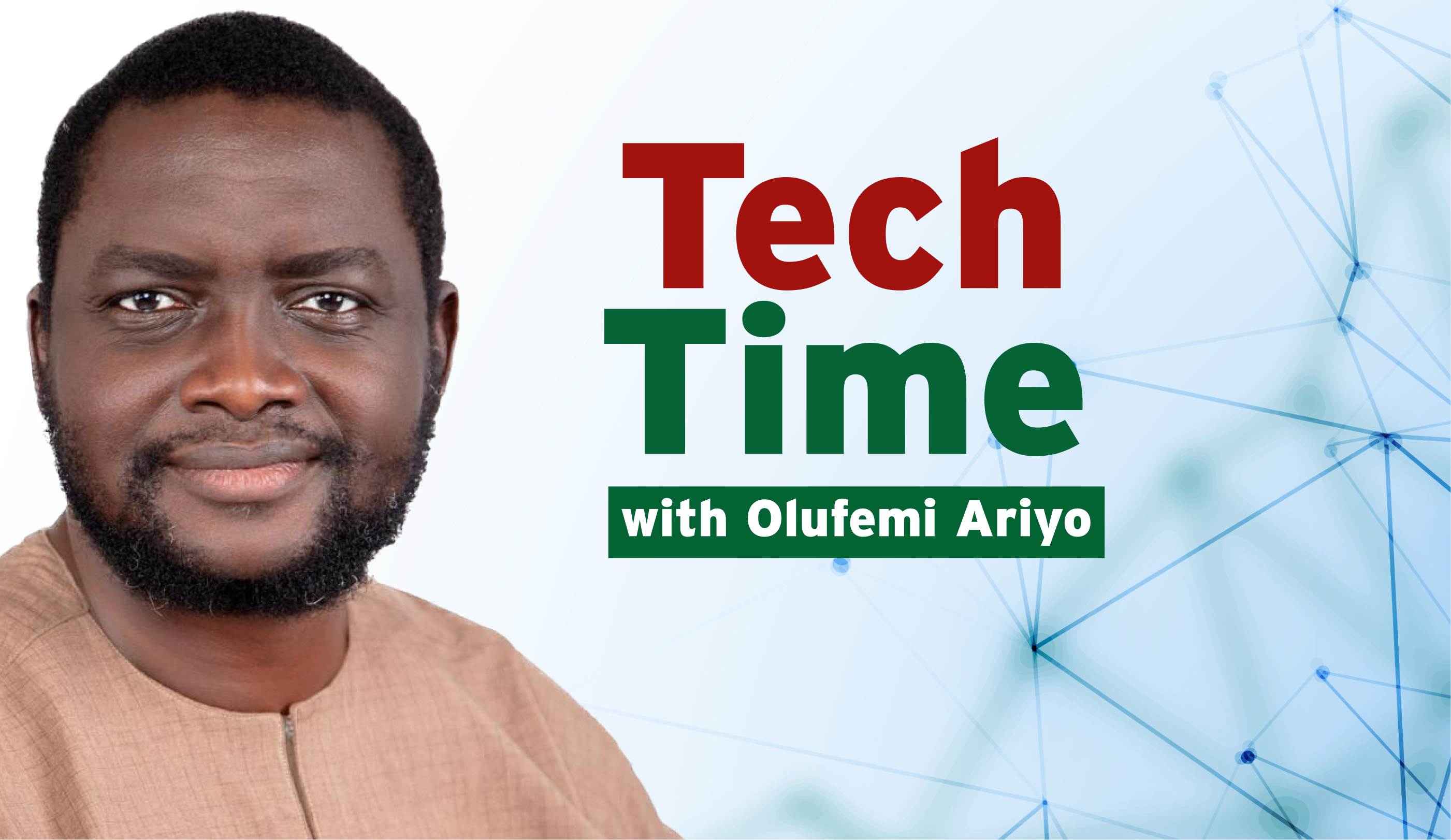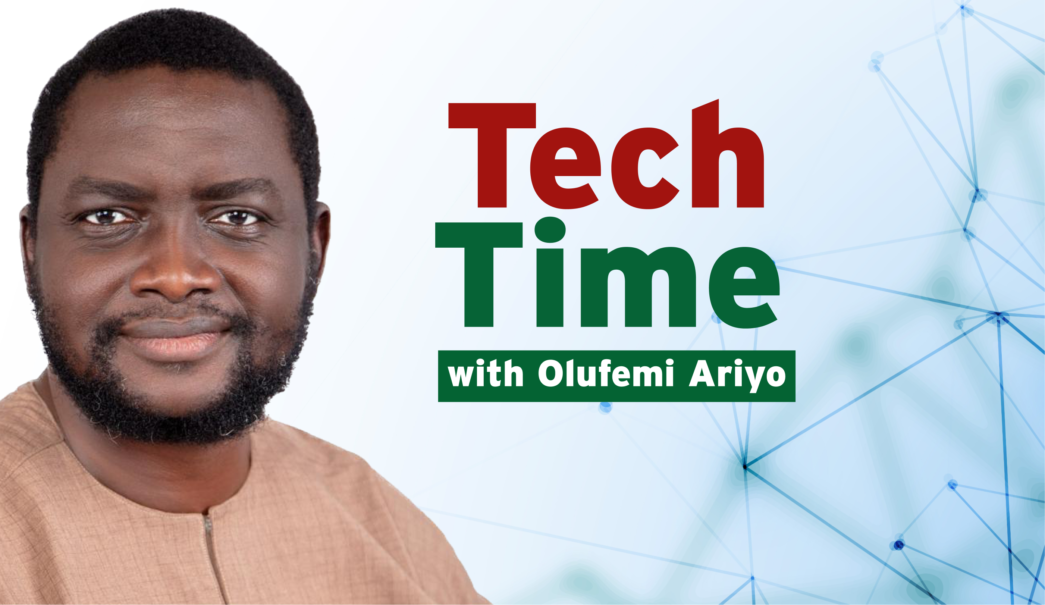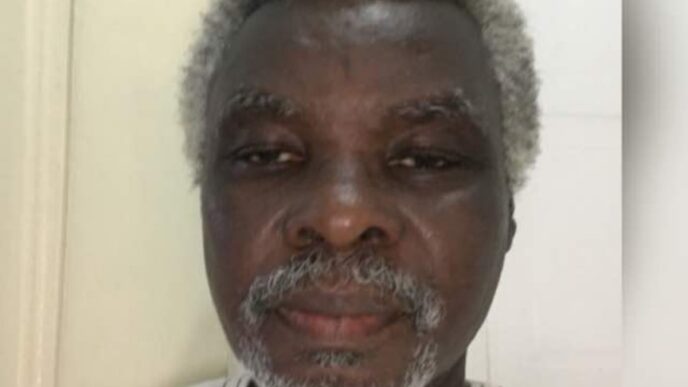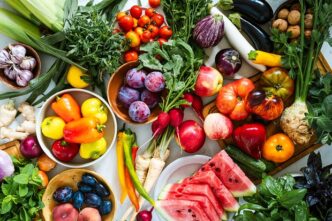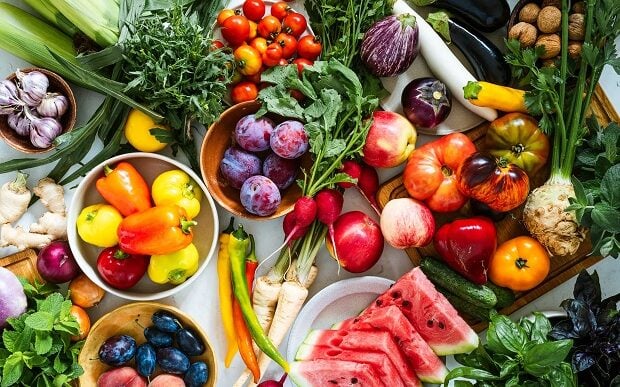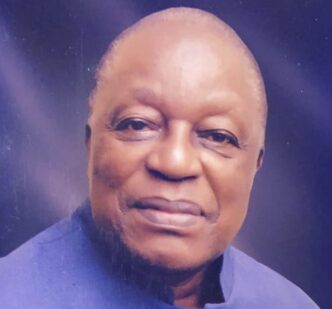What if modern life’s greatest gift is also its most elegant trap?
We used to work for comfort. Now comfort works against us. Our devices whisper before we speak. Groceries land at our doorstep with a swipe. Rides arrive without a wave. Every ounce of resistance (the kind that once taught us patience, built resilience, or offered space for reflection) is being engineered out of existence. Convenience, once a reward, is now an assumption, a baseline. But as the realities becomes more effortless, so do we. Muscles (physical, mental, even spiritual) atrophy in the absence of struggle. And in this new landscape of on-demand everything, we must ask: Are we still shaping our tools, or are our tools now shaping us?
1. The Paradox of Progress
We invented tools to liberate ourselves – from toil, from waiting, from friction. The arc of civilisation bends toward ease: fire replaced raw food, wheels replaced dragging, washing machines replaced the riverbank. And now, apps replace asking. AI replaces thinking. Notifications replace remembering. What began as a means to free our time has, in many ways, begun to consume our agency. But here lies the paradox: the more we remove effort from life, the less equipped we become to handle the moments that still demand it. Our tools don’t just do tasks for us – they do thinking, choosing, anticipating. Slowly, subtly, we lose not just the need to act, but the will to. GPS weakens our sense of direction. Autocorrect softens our command of language. Streaming kills our tolerance for boredom. We are outsourcing the very discomforts that once forced us to grow.
Advertisement
Progress, by definition, suggests improvement – but improvement in what direction? Toward what kind of human? If our tools evolve faster than our character, we risk becoming more efficient but less resilient, more comfortable but less capable. So the question is not whether we are progressing – clearly, we are. The question is: what are we leaving behind in our rush to arrive?
2. Micro-Discomfort as the Engine of Growth
Cold showers. Long walks. Cooking from scratch. Waiting.
These were once woven into the fabric of daily life – not by choice, but by necessity. You did not choose to walk two miles to the market, you simply had to. You did not meditate to feel entered; you just had time alone with your thoughts while doing the dishes or waiting for TV Stations to resume broadcast at 4pm. But now, those same micro-discomforts have been rebranded. They are no longer part of the everyday – they are “challenges,” “hacks,” or “routines” for the disciplined few. Cold plunges are documented on social media. Digital detoxes are sold as retreats. Even boredom has become a privilege – something you have to carve out in a hyper-stimulated world.
Advertisement
Resilience, it seems, has become a lifestyle – and in many ways, a luxury.
When life is built around maximum comfort, micro-discomfort becomes an intentional act of resistance. It is no longer automatic. You have to choose to walk instead of Uber, to cook instead of order in, to sit in silence instead of scrolling. And yet, it is in these choices that growth lives.
Example:
Take the practice of intermittent fasting. Historically, fasting was not optional – it was part of living in a world with scarcity. Now, it is packaged as a biohacking trend, adopted by CEOs and wellness influencers. What was once unavoidable discomfort is now repurposed as a tool to build discipline, improve cognition, and connect with something deeper. The hunger pangs that used to be an unwelcome visitor are now reframed as signals of strength.
This is not about glorifying hardship or pretending that suffering is inherently virtuous. It is about recognising that growth needs friction. It is about remembering that muscles – emotional, mental, physical – only strengthen through stress. When everything is optimised to remove even the slightest inconvenience, the smallest challenge becomes an act of revolution. And maybe, of restoration.
Advertisement
3. The Silent Death of Serendipity
We live in a world where discovery has been domesticated. Algorithms now curate our experiences – the songs we hear, the headlines we read, the people we “connect” with. Everything is tailored to our tastes, our habits, our past clicks. It is frictionless. Seamless. Personalised. But in this relentless drive toward relevance, something wild and beautiful is quietly dying: serendipity. Serendipity is the art of the unplanned encounter – the unexpected conversation at a coffee shop, the book you stumble upon while browsing a shelf, the friend you make because your flight was delayed and you had nowhere to go. It is messy. It is inefficient. But it is also human.
The danger is not just that convenience saves us time. It shapes our experience of the world. It narrows our lens. When you only see what you are supposed to see, you stop seeing what is possible. When Spotify only recommends what you already like, when your map app prevents you from ever taking a wrong turn, when your newsfeed confirms everything you believe – you are no longer exploring. You are looping.
Example:
Think of how we travel now. Instead of wandering neighbourhoods with a tattered city map, we follow glowing dots on our phone. We read TripAdvisor reviews before trying a meal. We search Instagram for the “most photogenic” café. We never get lost – and that is precisely the problem. By knowing too much, we lose the joy of not knowing. Serendipity was once the engine of creativity, of love, of reinvention. A jazz musician hears a wrong note and turns it into a new riff. A scientist discovers penicillin because of an accident in the lab. A passerby becomes a lifelong friend because you spilled your coffee. These are not bugs in the system – they are features of being alive. But when we trade all uncertainty for predictability, we also trade magic for control. We stop stumbling into new parts of ourselves. So here is the quiet tragedy: we are not just filtering out inconvenience. We are filtering out surprise. And without surprise, the world loses its sparkle – and we lose our edge.
Advertisement
4. Convenience Is Addictive Because It Feels Like Control
Control is seductive. And in the modern world, convenience is its favourite disguise. Every tap, swipe, and click offers the illusion of choice – that we are in charge. Want a meal? Order. Want a date? Swipe. Want to know something? Ask the algorithm. The interface makes it feel like freedom. But beneath the surface, something more subtle is happening: we are outsourcing decision-making to systems designed to think for us. Convenience does not just simplify. It scripts.
The more streamlined life becomes, the more we drift into autopilot – relying on defaults, pre-selections, smart suggestions, push notifications, and machine-curated preferences. We confuse personalisation with sovereignty.
Advertisement
But who is really choosing?
When Netflix “autoplays” the next episode, is that your decision – or a design choice meant to bypass your impulse control? When Google Maps reroutes you for speed, do you notice what you are no longer seeing? When you habitually use Amazon for every purchase, are you choosing convenience – or losing the opportunity to discover alternatives? Worse still, convenience rewires our expectations. We begin to resent anything that takes time. Waiting becomes intolerable. Boredom becomes a threat. Real conversations, real relationships, real learning – all seem too slow, too uncertain, too effortful. And when life does not deliver in a few clicks, we get restless. Frustrated. Entitled.
This is the irony: the more control we think we have, the less capacity we build for handling the uncontrollable. We grow brittle in the face of life’s delays and detours. We lose the ability to sit with discomfort – to navigate complexity without a search bar, to walk without a map, to struggle without a shortcut.
Advertisement
Like any addiction, convenience offers an immediate hit: dopamine, ease, the comfort of not having to try too hard. But in the long run, it breeds dependence – not resilience. Comfort becomes a crutch. When the system breaks, or life does not conform to our frictionless routines, we do not just suffer – we panic. So the question becomes: Are we actually in control – or are we just comfortably contained?
Conclusion:
Advertisement
We have built a world where nearly everything we need is just a tap away. But what if in doing so, we have made the one thing we really need, growth, harder to reach? I thought that balance was a necessity in a world powered by technology. Our sitting for long hours to work was beginning to take a toll on our health so we decide to resume with some exercise routines. All mental and no physical needs urgent attention to make a wholesome being.
If discomfort is how we grow, is convenience how we decay?Growth has never been easy. It is forged in resistance – the heavy lift, the awkward silence, the uncertainty of doing something new. Discomfort is the proving ground for resilience, creativity, and self-awareness. Remove that friction, and you remove the need to adapt. Slowly, imperceptibly, we become weaker – not just physically, but emotionally, spiritually, and mentally.
The question is not whether convenience is bad – it is whether it is costing us more than we notice.
What version of yourself only exists on the far side of effort? There are aspects of you (strength, patience, intuition, depth) that can only be discovered through effort. You cannot shortcut your way into self-respect. You cannot “next-day ship” wisdom. Some parts of you are earned, not downloaded. And if you never stretch, if you never struggle, do you ever get to meet the strongest, most surprising version of yourself?
What if your future self is waiting on the other side of something uncomfortable – and you never show up?
Will the future belong to those who seek comfort, or those who resist it? In a reality addicted to ease, the rarest (and perhaps most valuable) trait will be voluntary discomfort. The willingness to choose the hard path when the easy one is available. To read long books. To sit in silence. To build things slowly. To walk when you could ride. These are not regressions, they are revolutions of choice in a culture of shortcuts.
When life gets turbulent, it will not be the most comfortable people who thrive. It will be the most capable.
Thank you for the great investment in time, patience, and attention. Please follow my Medium: https://medium.com/@roariyo for more of my curated thoughts and LinkedIn: https://www.linkedin.com/in/olufemiariyo/ or send an email to [email protected]
